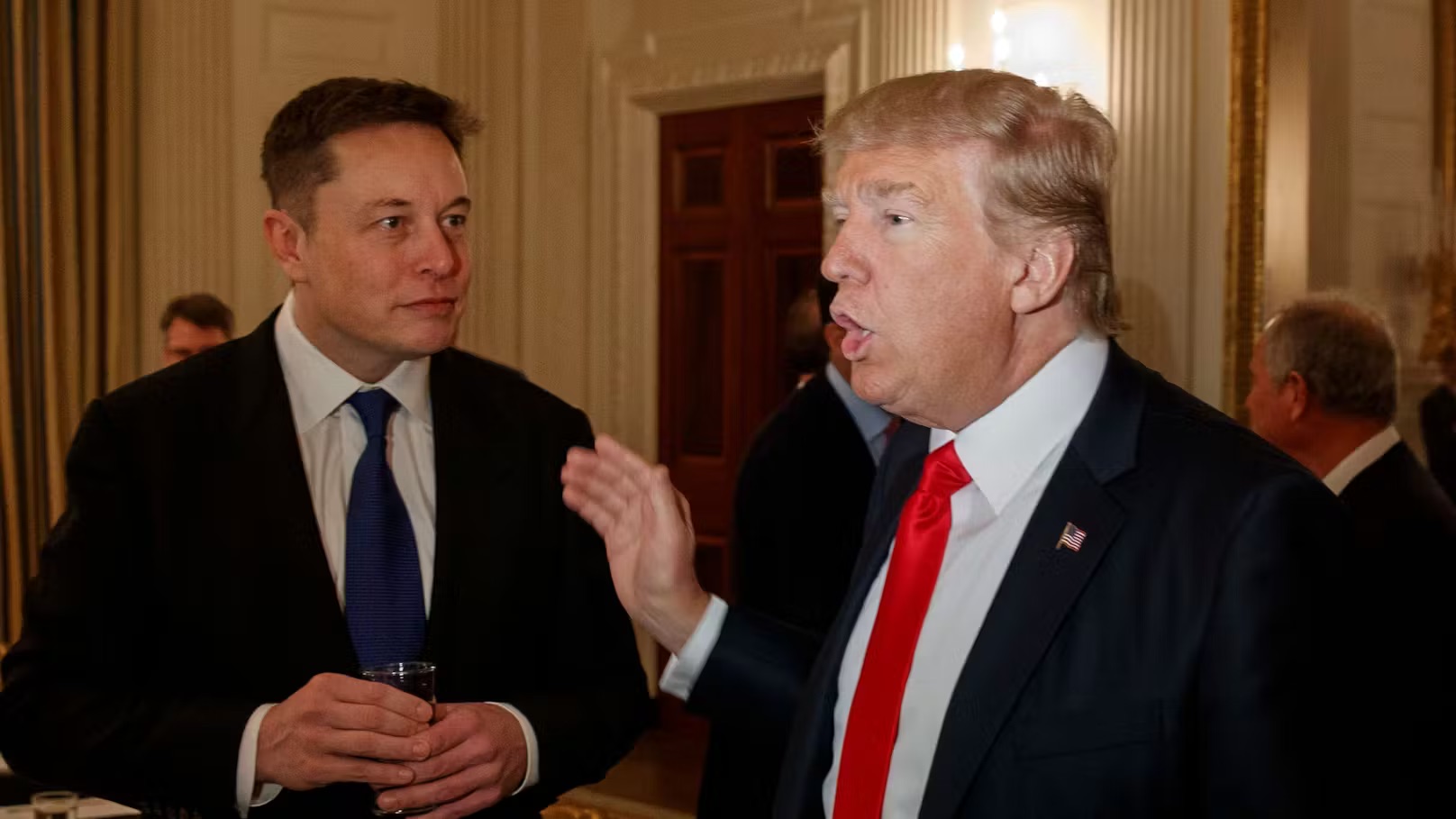Now Reading: The Trump-Musk Feud: A Crucial Event Shaping the Future of Politics and Business
-
01
The Trump-Musk Feud: A Crucial Event Shaping the Future of Politics and Business

The Trump-Musk Feud: A Crucial Event Shaping the Future of Politics and Business
In a dramatic about-face, former allies Elon Musk and Donald Trump are entangled in an intense public feud that is capturing headlines worldwide. United by the same political agenda in the past—Musk, in fact, backed Trump in the 2024 race—the two are now turning on each other in a battle of policy rows and personal insults.
The controversy was triggered when Elon Musk publicly denounced Trump’s proposed $2.4 trillion “One Big Beautiful Bill” as irresponsible and dangerous to the economy. Musk, who was appointed in Trump’s administration in a part-time advisory role under the Department of Government Efficiency (DOGE), stepped down in protest. Trump retaliated by taking this as a personal affront and posting retaliatory comments on his platform, Truth Social.
The feud became more intense in early June 2025. Musk called Trump ungrateful and claimed he would have lost the 2024 election if not for Musk’s technology and media support. He even hinted that Trump’s name might be found in records related to the Jeffrey Epstein scandal—a claim that ignited further outrage. Trump retaliated by saying Musk is “mentally unstable” and threatened to revoke federal government contracts with companies owned by Musk, such as SpaceX and Tesla.
The financial impact came swiftly. Tesla’s stock price plummeted, removing approximately $34 billion from Musk’s fortune before partially regaining ground. Investors are nervous about federal contracts being in jeopardy, especially those with NASA and SpaceX. The political fallout is also dire. The Republican Party is split down the middle, with some remaining loyal to Trump while others are drawn by Musk’s suggestions of establishing a new “America Party.” There are faint signs of a possible truce despite the severity of the feud. Musk was open to suggestions from businessman Bill Ackman to make peace, but Trump says he will not talk to Musk “anytime soon.”
This spat is not just a celebrity squabble—it’s a collision of business, politics, and power in contemporary America. With two of the country’s most prominent and mercurial players locked in opposition, the Trump-Musk feud has the potential to reshape regulations in the technology industry and significantly affect the 2028 presidential campaign. Whether this is a fleeting spat or the beginning of a new political divide is yet to be seen, but the implications are significant.
Elon Musk’s growing political influence and plans with an ‘America Party’ might draw in libertarians, independents, and disillusioned conservatives. If he acts on that, it could split the GOP vote in 2028 and weaken Trump or any other GOP hopeful. This potential shift in the political landscape could have significant implications for the 2028 presidential campaign, potentially altering the balance of power within the GOP and the broader political arena.
Trump’s warning to cancel federal contracts with Tesla and SpaceX heralds a confrontation between the government and private technology. Because of its affiliation with NASA, this may hold back important space or defence projects, potentially delaying or disrupting crucial technological advancements. This could have significant implications for the technology and defence industries, as well as for the broader scientific and national security interests that these projects serve.
The feud risks Musk-related shares. Government pushback might spook Tesla and SpaceX stockholders, with industry CEOS growing more conservative politically.
Trump’s constituency, in part technosavvy, initially looked up to Musk. Now, Musk can siphon off support, fragment MAGA and change campaign dynamics, particularly if he heads a tech-libertarian trend.










